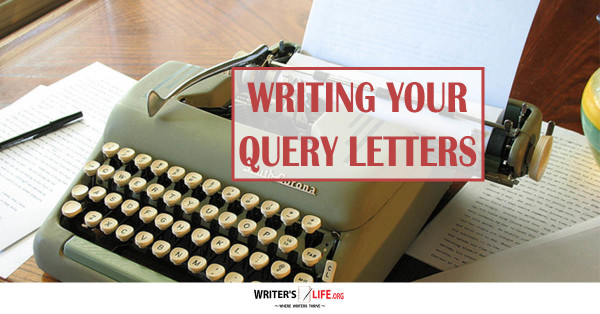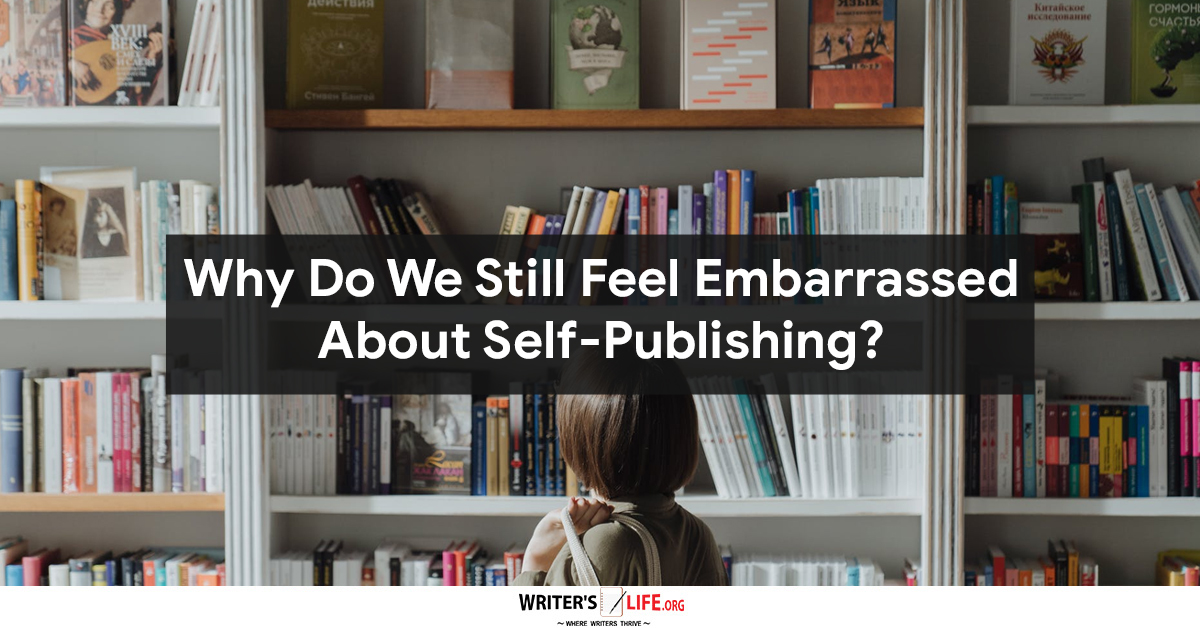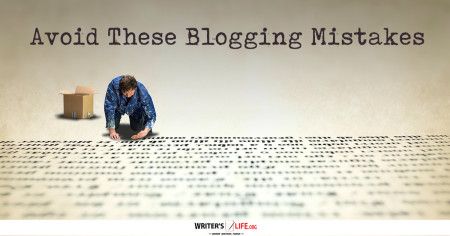- How To Tackle Jealousy In Creative Writing
- Common Submission Mistakes
- How To Stop Your Blog Becoming Boring
- The One Thing Every Successful Writer Has In Common
- How To Make Yourself Aware Of Publishing Scams
- Why Almost ALL Writers Make These Grammar Mistakes At Some Point
- 5 Tips For Authors On How To Deal With Rejection
- Top Mistakes to Avoid When Writing a Novel
- How to Avoid Common New Writer Mistakes
- 10 Mistakes New Fiction Writers Make
Writing Your Query Letters

Hello, and welcome back to Writer’s Life! Today, I would like to give you a leg up on writing your query letters to agents or publishers. In general, unless you already have an agent or publisher, there are two primary tools you can use to get an agent or publisher interested in helping you market and sell your work (usually, novel or non-fiction book): the query letter and the book proposal. Today’s topic, the query letter, is a one-page document of a few paragraphs, which introduces your work and you as an author. Its purpose is to familiarize the recipient with the work you would like to publish, and with you as an author.
Format of the Letter
The format of the query letter is simple: write one short paragraph that introduces the work you wish them to help you publish. Then, write one or more additional paragraphs that show your skill as a writer, introducing yourself as an author—and, for non-fiction, an authority on the subject of your work—that also shows you are familiar with the agent or publisher and their requirements. The letter should be single-spaced unless specified otherwise.
While this general format is common, before you sit down to write a query letter to anyone make sure you research their requirements first. Most agencies and publishers have posted submission guidelines on their website, or listed in Writer’s Digest or other compilations, and you should study these completely. If they have them, follow them religiously. Don’t get cute, don’t get arrogant, do it exactly the way they want it. Failing to do so will result in your query going into the shredder (figuratively, for electronic submissions). Doing it their way doesn’t guarantee it will be read, but failing to do it their way practically guarantees that it won’t be.
Essential Information
Unless the specific submission guidelines specify otherwise, here are some of the essential pieces of information to include in your query letter.
First, personalize the opening paragraph for the recipient. If you are sending the query to a mutual acquaintance, mention how you know them and any referrals you may have. If you are sending a cold query—that is, a query to someone with whom you have had no prior relationship or contact—you might consider using the opening to explain how you came to be aware of them and mention how your writing fits in with their existing body of work. You might also consider putting the hook right in the first paragraph.
Second, make sure you research the agent or publisher and understand their existing body of work. If you’ve read books they’ve published in your genre that would be a great way to tie your own work in with theirs. If not, at least be familiar with the authors and books they already have out, and be prepared to both compare and contrast yours with them.
Third, make sure to put your best hook in the query. This may be your only chance to communicate with this agent or publisher, don’t hold back! Make them cry with your main character, worry about their safety, or whatever it takes for them to want to request the whole story to read themselves.
For a non-fiction work, include information about the target audience. For fiction work, don’t include that information.
Finally, make sure to include enough personal information that they can get a sense for who you are, and get back into contact with you later. Sometimes, submission guidelines require that you include a sample chapter or a few pages of the manuscript, and if so then definitely follow their guidelines. If they don’t, it is usually best to not include any part of the manuscript unless they request it.
Don’t Do These
When sending a query letter, there are a few things that are definitely in the “don’t do” category. Don’t editorialize about your work, writing skill, or really anything at all. Don’t worry about mentioning simultaneous queries, as most agents and publishers assume you’ve sent multiple queries. If they request a review copy, then disclose whether other agents or publishers are reviewing the work (but, not which ones). Don’t tell the agent how good you are, show them in the query letter, by writing it well. By the same token, don’t degrade yourself or grovel. Don’t make the query letter itself longer than one page.
In Conclusion
Writing a query letter is often the only chance you have to get an agent or publisher to take an interest in your work, so taking some time to craft a good one is time well spent. Hopefully, this short intro to writing your query letters will get you started in the right direction. As always, if you have comments or questions leave them below, and happy writing!





















